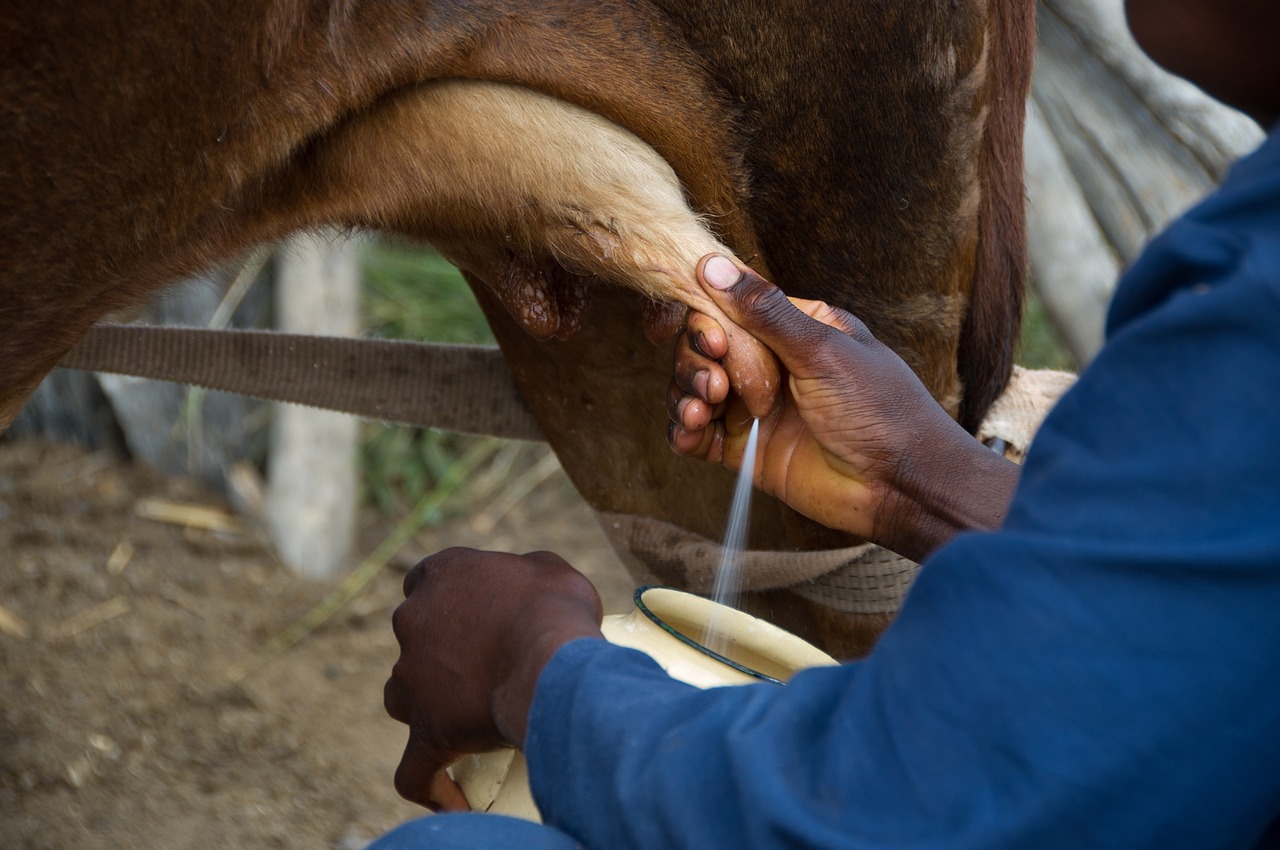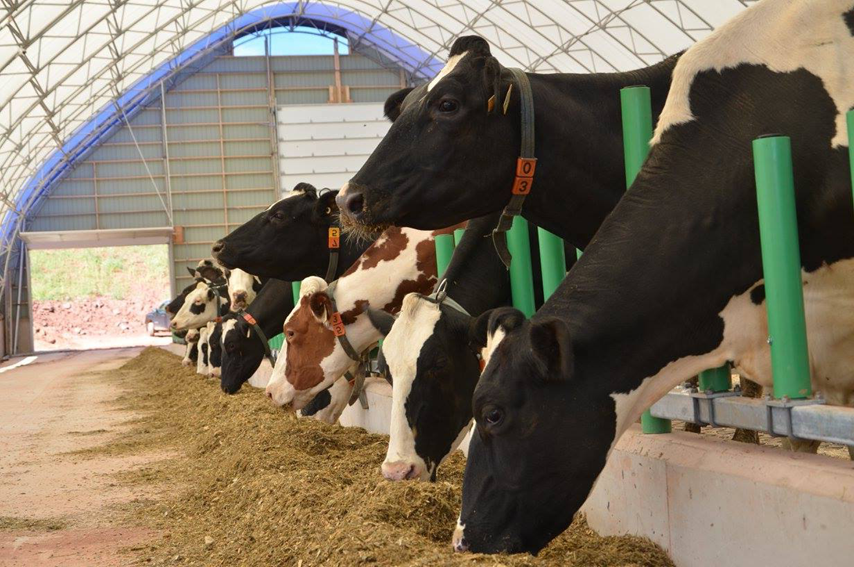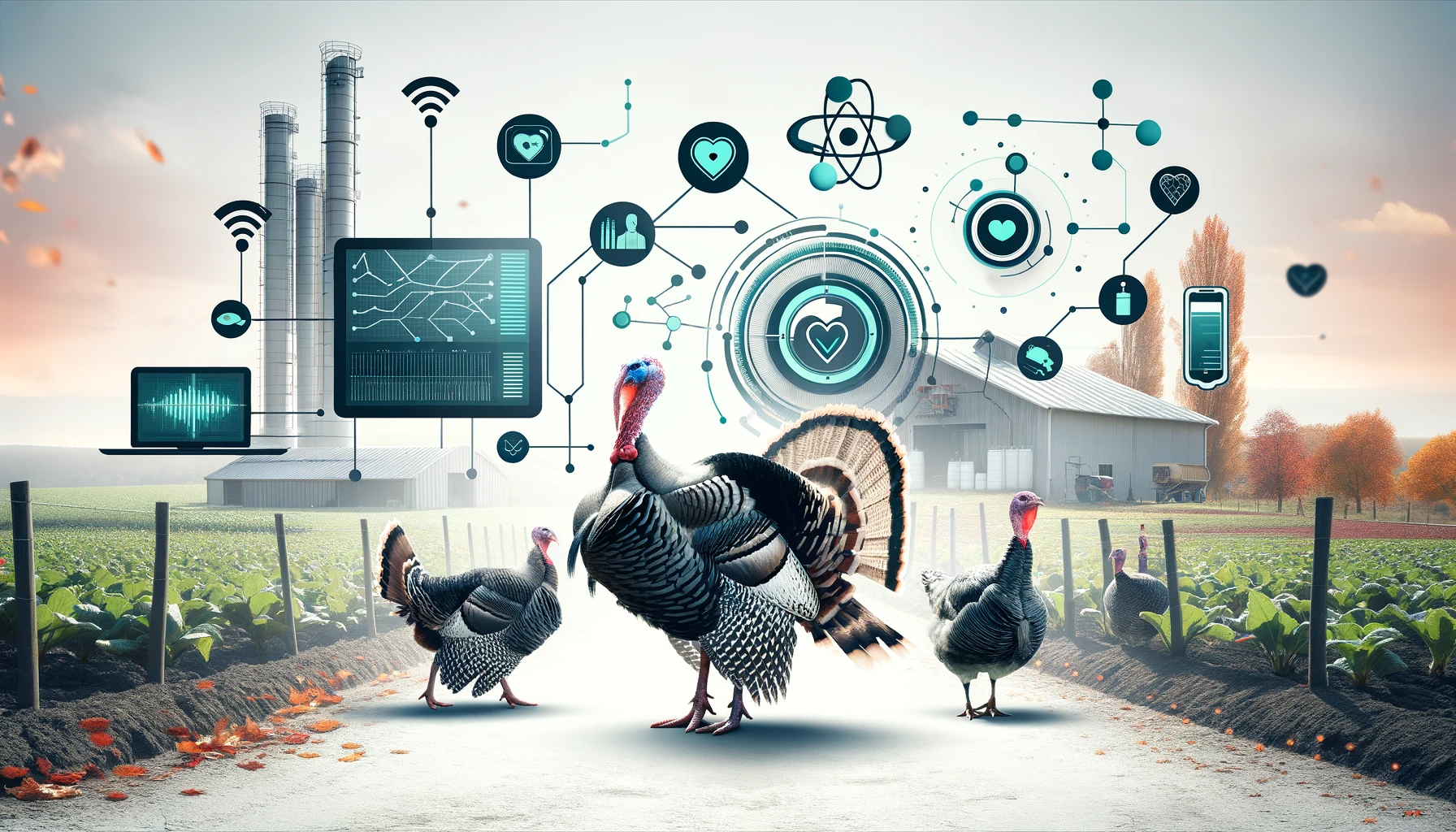Health is of the utmost importance in the agricultural industry. To maintain a healthy flock and produce high-quality, safe food, you need to understand the effects of various factors on your livestock. The effect of different diseases and parasites on livestock is well documented but what is often overlooked is their impact on people and the environment. People have been farming for thousands of years. So, to have animals and animal diseases. Keeping livestock has its challenges, but rural poverty is no excuse. If you are serious about being able to feed your family and yourself with healthy, delicious meat, then agriculture should be a part of your lifestyle – not a convenience that you take for granted while living outside the farm gate.
What are the negative impacts of livestock diseases?
Livestock diseases are often caused by diseases of livestock, humans, or other animals. However, they can also be contacted by people handling livestock or handling animals that have diseases. Many diseases can be transmitted from livestock to humans and vice versa, and the effects of these can be serious. The most common livestock diseases are bacterial infections, such as anthrax, botulism, and foot and mouth disease, viral infections, such as swine flu and foot-and-mouth disease, as well as parasites, including heartworms, mosquito bites, and ticks.

How to prevent livestock disease in the Agricultural Industry
The best way to prevent disease in livestock is to keep them healthy in the first place. Good husbandry is an important part of this. The conditions in which livestock are kept can also affect their health and ability to fight off diseases. Don’t keep your livestock on poor-quality pasture. Make sure there is room for them to move and that they have secure pastures. Keep them from being kept in confinement, such as a feedlot. Cattle should have access to pasture at least part of the time. And, when keeping livestock on a smallholding, fence them well. Use clean, disinfectant handling methods, such as handling your cattle clean, wearing gloves, and a dishtowel between hands.
The health benefits of a balanced diet
A balanced diet is one of the most important factors for preventing and managing livestock diseases. Include a variety of fresh and fresh-frozen vegetables, fruit, grains, legumes, nuts, seeds, and other healthy, natural foods in your livestock’s diet. Include a variety of protein foods, including animal by-products, organ meats, and raw, unfiltered seeds. If your livestock is not getting a balanced diet, then they are likely getting enough essential minerals, vitamins, and other nutrients but not enough of the essential fatty acids (e.g., omega 3).

The importance of adequate pasture and field space
Livestock has always been raised on grasslands and pastures, and these tend to be the most contaminated soils. The best way to prevent animal diseases is to raise livestock on healthy, organic pastures and fields. This means having enough pastureland for your livestock to graze freely, but not too much which is difficult to maintain.

Tip-1 – Improve barn insulation
Barns are often the first physical barrier that livestock has contact with when entering the house. This can cause heating, humidity, and noise levels in the barn to be much higher than in the house. Insulate the barn to reduce the temperature difference between outside and inside and improve the soundproofing.
Tip-2 – Regular veterinary care
Regular visits to the vet are crucial for your livestock. When buying livestock, ensure that they come with a health guarantee. This will cover rabies, brucellosis, and other diseases as well as ensure that your livestock is receiving the right care. Make an effort to go to the vet at least once a month and bring your livestock along on visits to keep them company. If you don’t take care of your livestock, then they will not take care of themselves. Visit the website of the Australian Livestock and Poultry Council to find a legitimate veterinarian near you.
Conclusion
Keeping livestock is a wonderful way to provide both food and income to those who farm. However, to provide healthy, disease-free livestock, you must know about the diseases that affect your livestock. By keeping livestock healthy, you will be able to produce healthy, delicious meat and milk that your family can enjoy for years to come.





